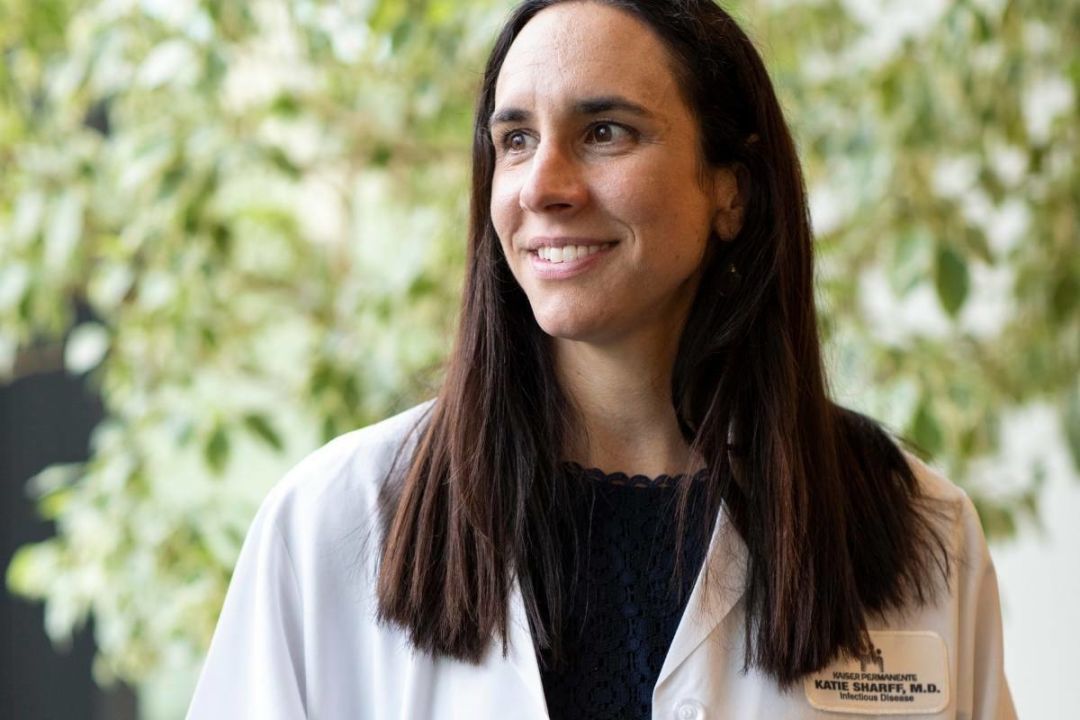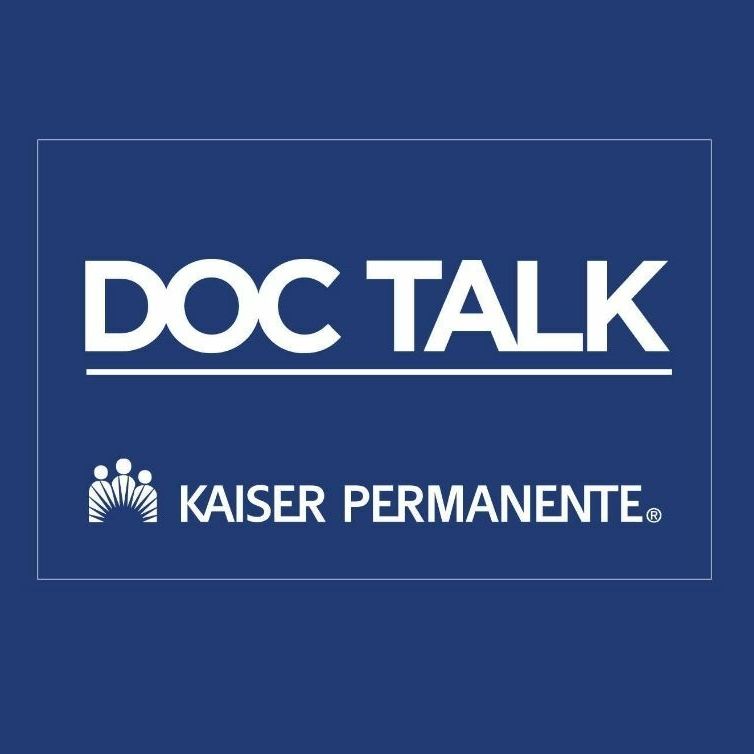Doc Talk: Your questions — answered

Dr. Katie Sharff, MD, Chief of Infectious Disease
Kaiser Permanente
While the landscape of the COVID-19 pandemic continues to evolve, we know you have questions about masking, vaccines, variants, booster shots, and more. Katie Sharff, MD, chief of Infectious Disease for Kaiser Permanente in Portland, Oregon, answers the questions you asked about the safety and importance of the COVID-19 vaccine.
Q: The omicron surge seems to be over. What does the future hold for COVID-19 and our society?
A: As we enter year 3 of this pandemic, we continue to see surges and new variants arise. Science is always evolving, and we cannot always predict what will happen. But we need to be able to pivot and be dynamic depending on the amount of COVID-19 disease in our community and make changes to accommodate challenges that are put in our path.
We’ll also need to invest in infrastructure such as air quality in buildings, antivirals, new vaccines, and improved testing to manage this pandemic — and future pandemics. But I have a sense of optimism that we are moving forward, and we have learned so much between safe and effective vaccines and improved testing capacity and treatment.
Q: Mask mandates in Oregon have been lifted. Is it safe to not wear a mask inside?
A: We have safe and effective vaccines, we have improved testing, we have treatment both for patients in the hospital and for individuals diagnosed in the outpatient setting. With regard to mask mandates, I understand why we are seeing the decision to remove masks as cases rapidly decline.
But what I would say is that mask mandates are not a one size fits all. Everyone has a different risk-benefit tolerance. There are some individuals who are immuno-compromised, have underlying health conditions, or are not eligible for vaccines who do not feel ready to remove their masks. I think as community members, we need to respect that and understand that some individuals would rather keep their masks on right now.
Q: I’ve gotten at-home rapid tests from the government. If I think I might have COVID-19, when is the best time to test?
The best use for these tests is when an individual has symptoms of COVID-19 illness. If you have symptoms, you should go ahead and isolate and then take your test. If you have a limited number of home tests available, wait until day 2 of your illness to improve the sensitivity of the test. If you test positive with a rapid antigen test at home, you do not need to follow up with a PCR test to confirm the infection.
However, if you are symptomatic and get a negative result on a home test, you unfortunately could still have COVID-19. The performance of the test is improved if you are able to repeat it over a couple of days. You also do not have to report your positive home test result to your local health department or the Oregon Healthy Authority. PCR tests are more accurate, especially if you are asymptomatic or early in your infection.
Bottom line: Use the rapid at-home tests if you have symptoms of COVID-19 for a quick screen, but there are limitations to these tests.
Q: If I’ve had omicron has my immunity increased?
A: If you had a recent COVID-19 infection, you will have some protection from that recent illness. But we know that protection is going to wane and drop off over time. It’s also likely that new variants will emerge, and these may evade immune protection offered by prior infection or vaccination. Data shows that vaccines can actually boost the immune response in previously infected individuals, so you have more robust and possibly more durable protection.
Q: Will we continue to need booster shots?
A: I would remind people that boosters are not unusual for vaccines. For many of the vaccines you got as a child, you needed a booster dose. The doses are designed to enhance or augment that immune response, so you’re more protected. The good news is that recent studies demonstrate that the current COVID-19 vaccines likely provide protection for months or, possibly, years after a primary series and booster shot.
Additional boosters will be necessary if the virus mutates, and it no longer responds to the current vaccines. For example, every year we recommend an annual flu vaccine. At this point, we don’t yet know if we will need additional booster vaccines for COVID-19. But if we see significant mutation in the virus, it is possible we will need that additional booster dose.









